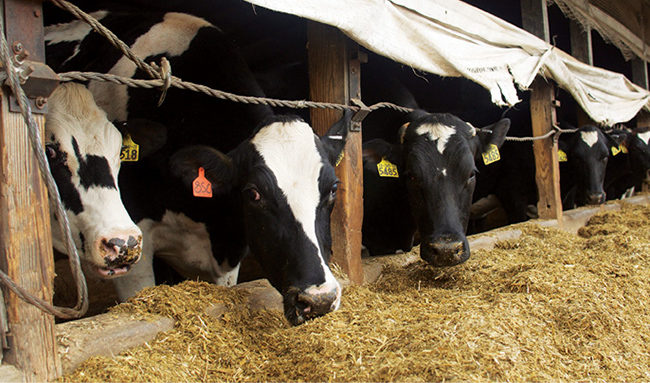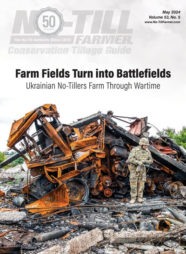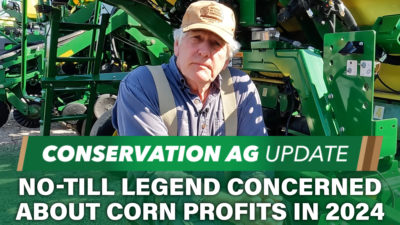Organic Valley (OV), the largest organic dairy cooperative in the US, is establishing incentives for climate-smart agricultural practices at members’ farms.
Rather than purchasing carbon offset credits, the co-op’s new Carbon Insetting Program aims to generate carbon savings from within, directly benefiting producers, according to a report by Capital Press newspaper.
“I like to think of it as the opposite of carbon offsets,” said Nicole Rakobitsch, director of sustainability. “We’re going to invest in farmer-members in our supply chain who produce the milk and other products we put on shelves.”
The March 11 announcement was during a panel of climate experts, farmers and food brands at Natural Products Expo West, Anaheim, California.
OV, based in La Farge, Wis., expects to be the first major dairy brand to reduce farm emissions without relying on carbon offsets. It has 1,700 dairy farmers in 34 states, Canada, Australia and the UK, and hopes to enroll 30-50 in the first year, which should begin this summer.
Steve Pierson, OV board president and fourth-generation owner of Sar-Ben Farms in St. Paul, Oregon, told his local Capital Press his operation will be among the first to enroll. He plans to install a new separator to pull solid manure from the farm’s 320 dairy cows. The solids can then be composted and sold as organic fertilizer. OV is trying to be competitive with other carbon offset markets that offer around $15 per metric ton.
Eligible practices include three categories: energy, manure management and agroforestry. While the focus is to help achieve carbon neutrality, Rakobitsch said they come with a suite of environmental co-benefits, including enhanced soil health, air and water quality, and biodiversity. The co-op is working with SustainCERT, a third-party firm, to certify carbon savings from individual practices. As part of the deal, farmers must agree not to enter any external carbon offset markets “to ensure there’s not a double-counting of that same carbon.







Post a comment
Report Abusive Comment